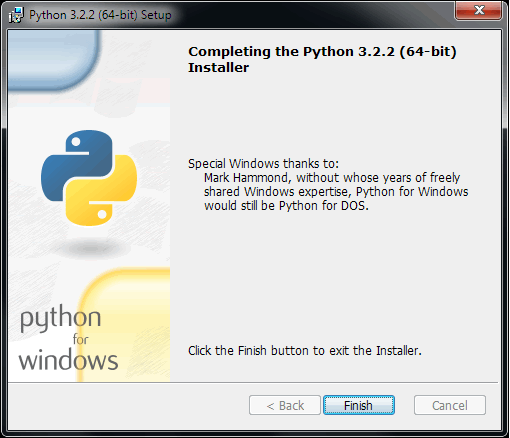2011 — 6 September: Tuesday
I was reading a rather silly piece online1 yesterday about new terms that have been trembling on the brink of acceptance (by which it seemed to mean that people using them — typically journalists, of course — no longer always added an explanation). I was surprised to see "BRIC" on the list having got used to seeing it deployed within IBM before I left in late 2006. Mind you, that was then the only place I ever saw the term. And I was only thinking of IBM because (smile) it's pension day.
Judging by the windy stuff, the rainy stuff, and the two green garden waste collection bags that have already ended up on my drive this morning, we made the wiser choice of day for walking yesterday... But I shall be venturing out, clutching a 60MB XML file, to see what incantations can be woven over it by Brian. Not before some breakfast, however. It's 09:36.
Snakes in a PC!
I'm impressed, so far, by the apparent ease with which Brian can charm this snake and make it do data tricks.

He had already written an XML parser to take the output XML exported from his data on DVD Profiler and extract a subset to hold on a Memento database on his Android phone. Then he can quickly and easily check, while at one of his regular car boot sales, if he already has a copy of a DVD.2 He's kindly adapted the parser to work through my own DVD data and generate an output ASCII tab-separated file that (with just a little further polishing) will meet my not very exacting requirements for 'molehole' purposes. The fun starts when he attempts the more difficult task of fitting back into the XML data the four-character code that I use to define the physical location of a given DVD within one of my CaseLogic folders.
If he succeeds, we can then import it back into my own DVD Profiler database without me having to type in another 14,000 or so laborious keystrokes.
"Why," you might reasonably ask "didn't you do this while you were populating the database in the first place?" Well, partly to avoid the work, and partly because I hadn't found out which buried field held this data because I was using the default template rather than the one we discovered today that reveals all data entry fields.
That's the wonderful thing about hindsight, isn't it? Works every time.